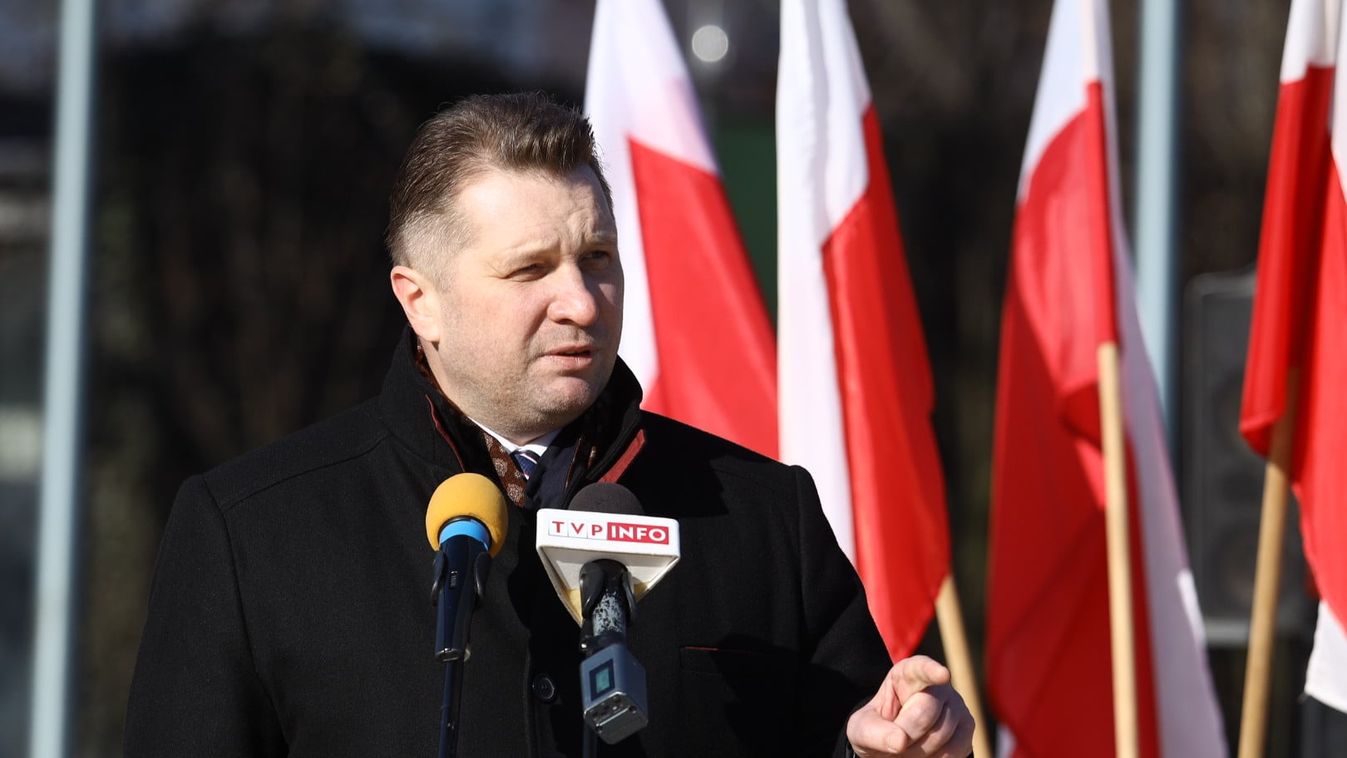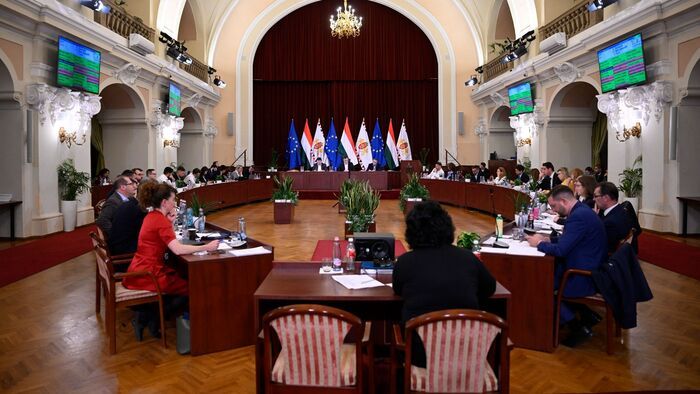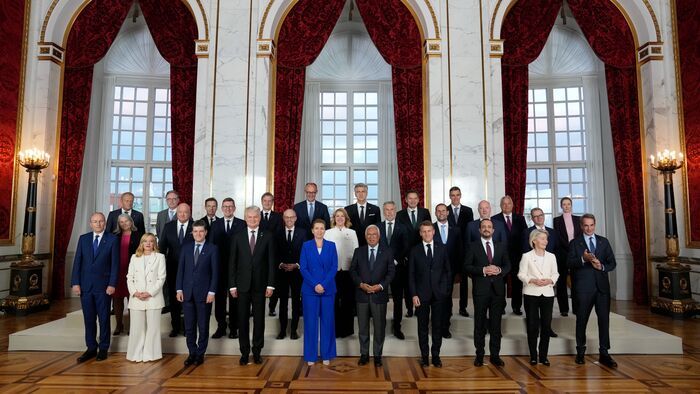Poland – A new law has just been passed by the Polish parliament to allow the authorities to expel the LGBT lobby and gender ideologues from the country’s schools. Dubbed “Lex Czarnek” in reference to its initiator, Education Minister Przemysław Czarnek, the law is now on the desk of President Andrzej Duda, who has until 3 March to sign it. The left and liberals, as well as the LGBT lobby, are still hoping for a rather unlikely presidential veto, unless the president decides to introduce his own bill if he feels that the one just passed should be improved. In his campaign platform for re-election in 2020, Duda promised in a “family charter” to protect children from indoctrination into LGBT ideology, which he compared to Bolshevism. Among the proposals contained in the Family Charter signed by Andrzej Duda in 2020, there was a ban on the propagation of LGBT ideology in public institutions, the right of parents to decide on the education of their children in accordance with their own beliefs, and new provisions for home education.
The Sejm voted the education minister’s bill into law on 9 February despite its rejection by the Senate, where PiS and its allies are in the minority. In Poland, the lower house of parliament has the final say in case of disagreement.
The main change to the Education Act made by “Lex Czarnek” concerns the power given to the chief education officer in each province (the kurator oświaty) to issue recommendations to school principals and to have a principal removed from office if he or she fails to implement those recommendations. At the same time, this power is taken away from the mayors of the municipalities that manage the schools, since they will now have to obtain the agreement of their province’s chief education officer in order to dismiss a school principal during the school year. Chief education officers will also have more influence over the appointment of school principals, and will have increased powers to inspect schools and also to supervise additional events and courses organised by schools. School principals will be required to obtain detailed information about the workshops and courses conducted in their schools by outside contributors, and a copy of the authorisation request sent to them by the organising NGO will have to be sent to the chief education officer.



















Szóljon hozzá!
Jelenleg csak a hozzászólások egy kis részét látja. Hozzászóláshoz és a további kommentek megtekintéséhez lépjen be, vagy regisztráljon!